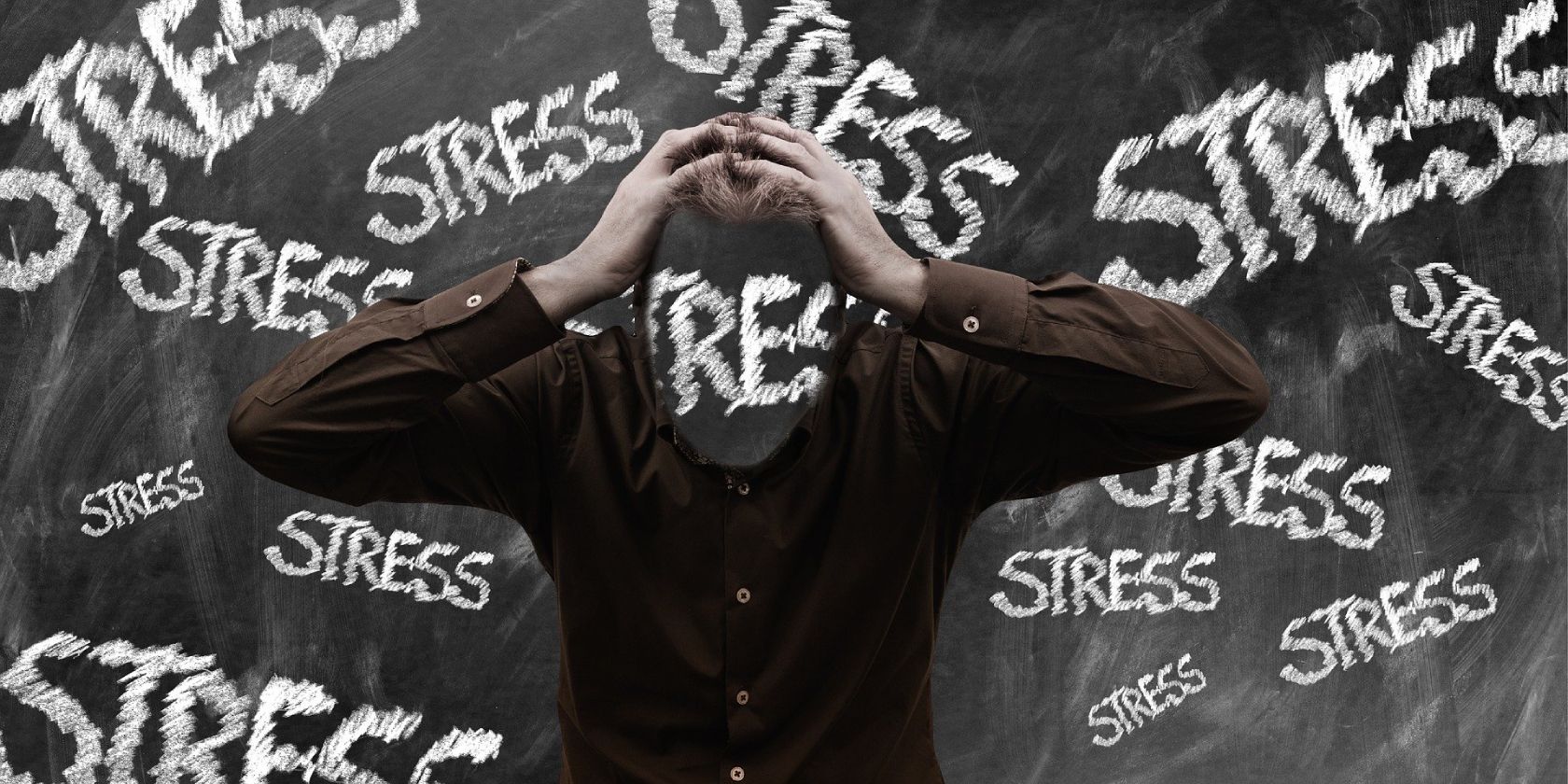Stress is almost inevitable at work. There can be several reasons for stress, such as tight deadlines, not getting along with colleagues, moral and ethical issues, or job insecurity.
Positive stress, also known as eustress, is essential to meet the demands of everyday life. It aids in preparing you to achieve your goals.
However, negative stress, or distress, can make a person dysfunctional at work. Besides, distress affects both mind and body negatively, thus leading to various physical and psychological problems.
So, let's discuss ten tips to help you cope with stress in a better way.
1. Identify Your Sources of Stress at Work
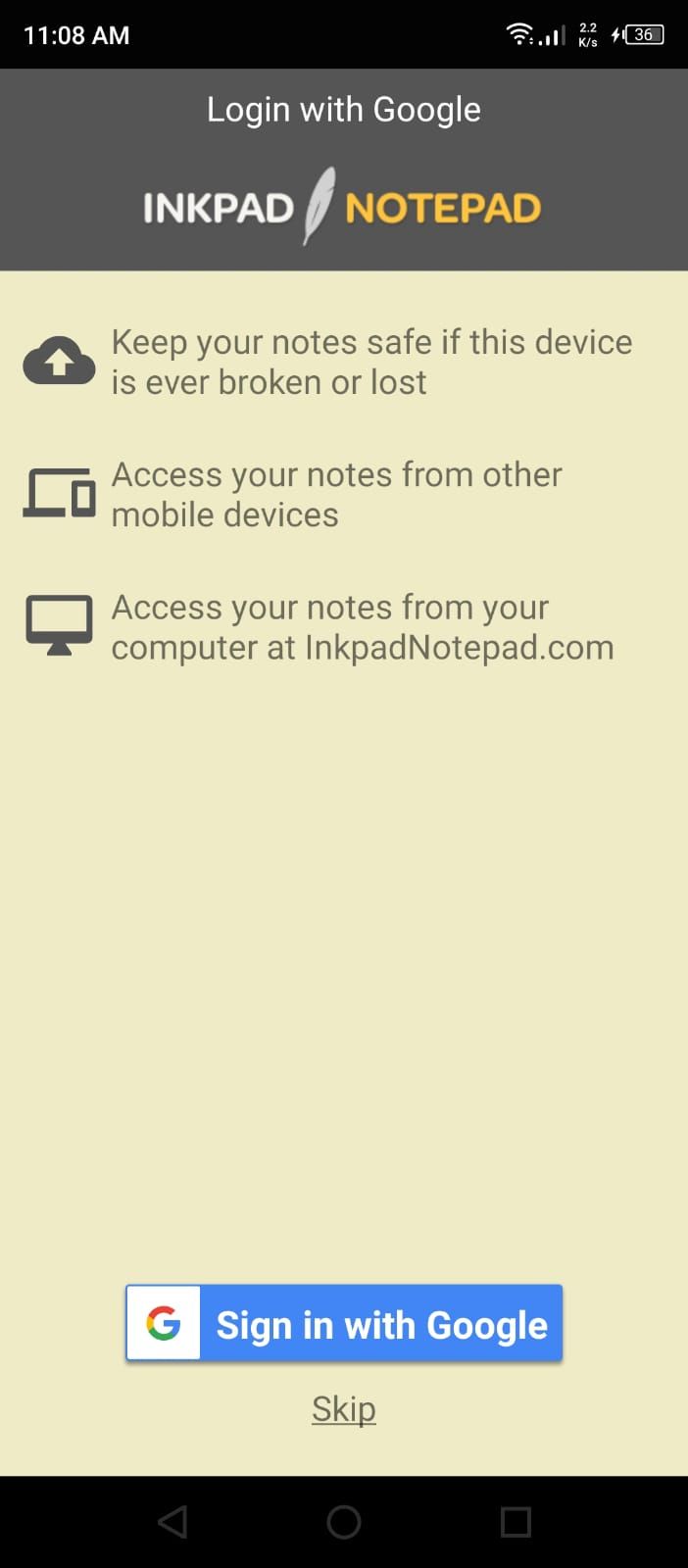

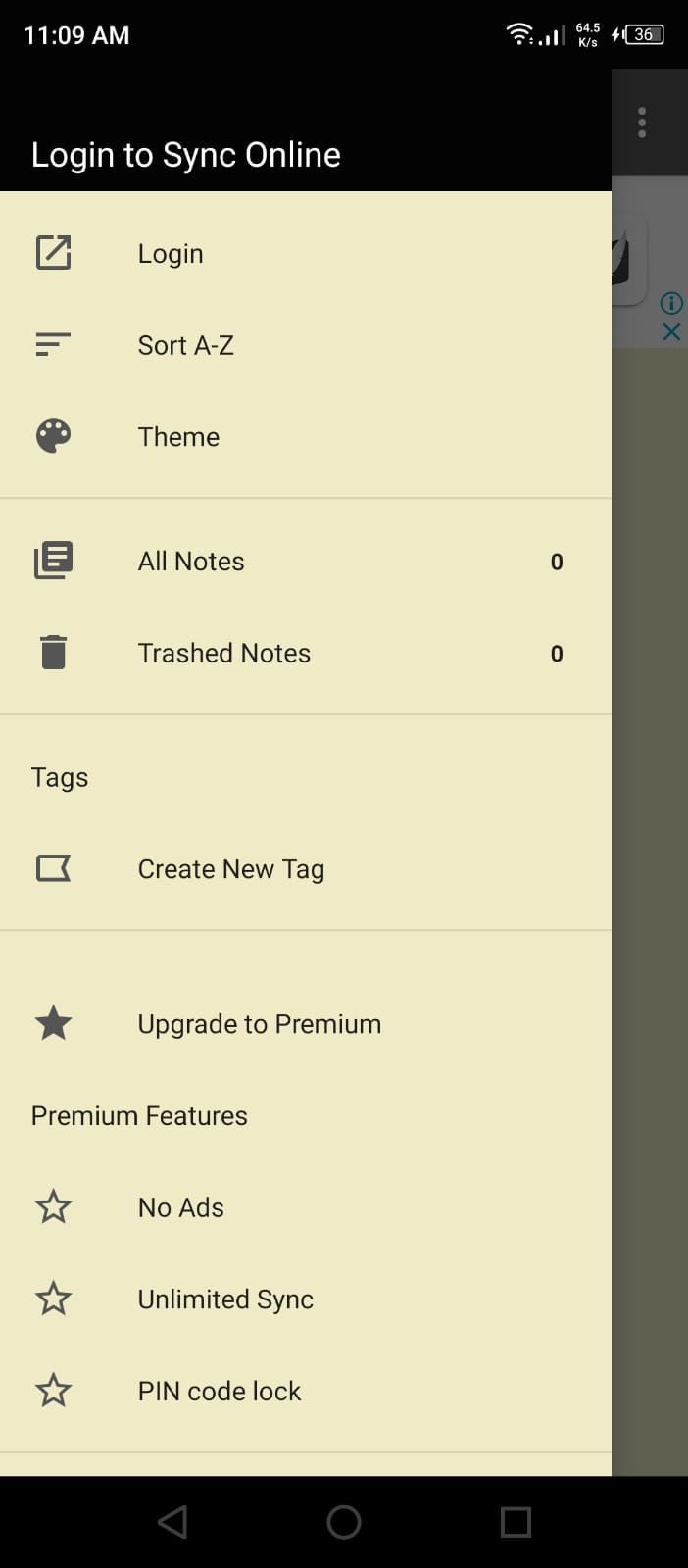
The first step to resolving a problem is to understand the problem. Similarly, to work with stress, it is essential to understand what stress is and what causes you stress at work.
Your sources of stress can be anything from time pressure to a colleague's behavior. You can also feel disturbed due to an unclear job description or a communication barrier with your boss.
Be it anything. The first step is to keep track of your stress sources and note them down for a week or so. You can use several notepad apps like Inkpad Notepad or this online notepad to note the exact time of the stressor and the thing which triggered it.
Download: Inkpad Notepad for Android | iOS (Free)
2. Identify How You Respond Towards Stress
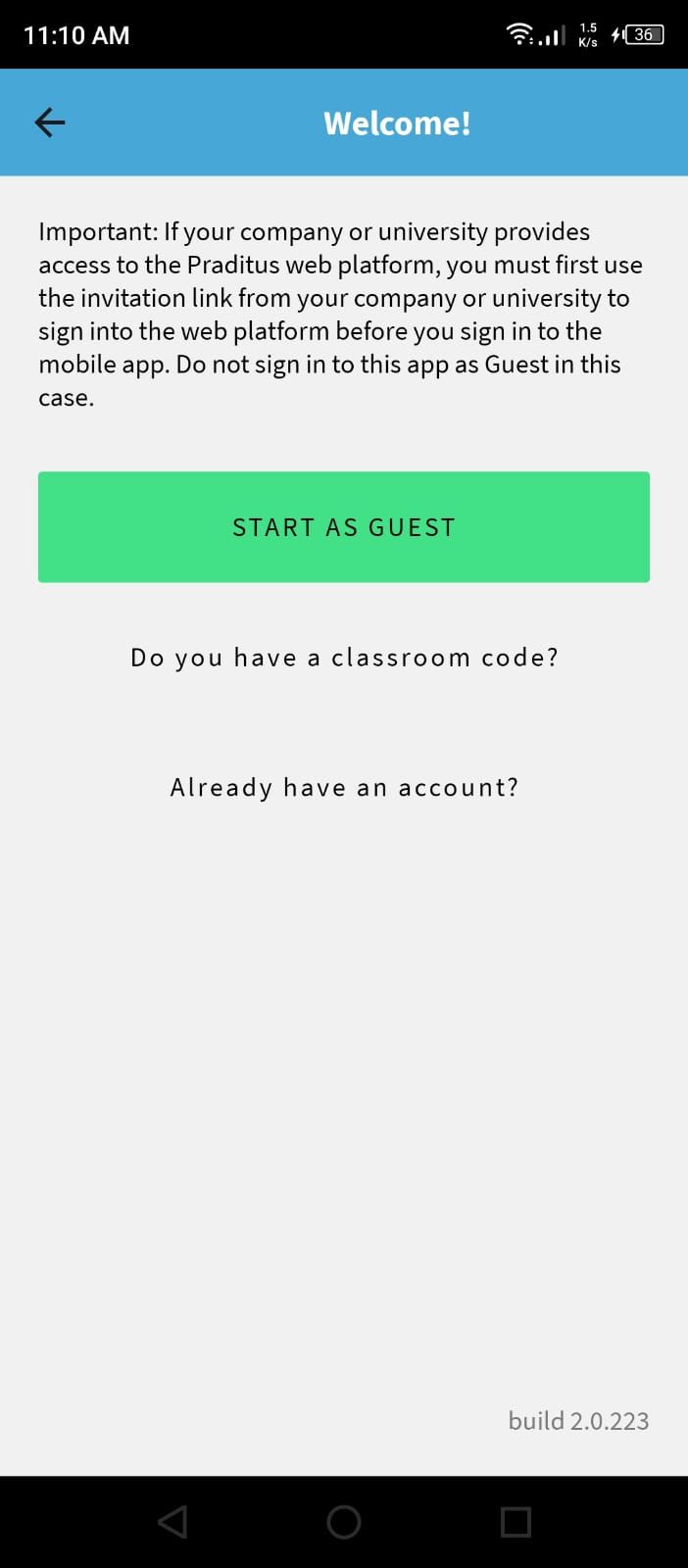

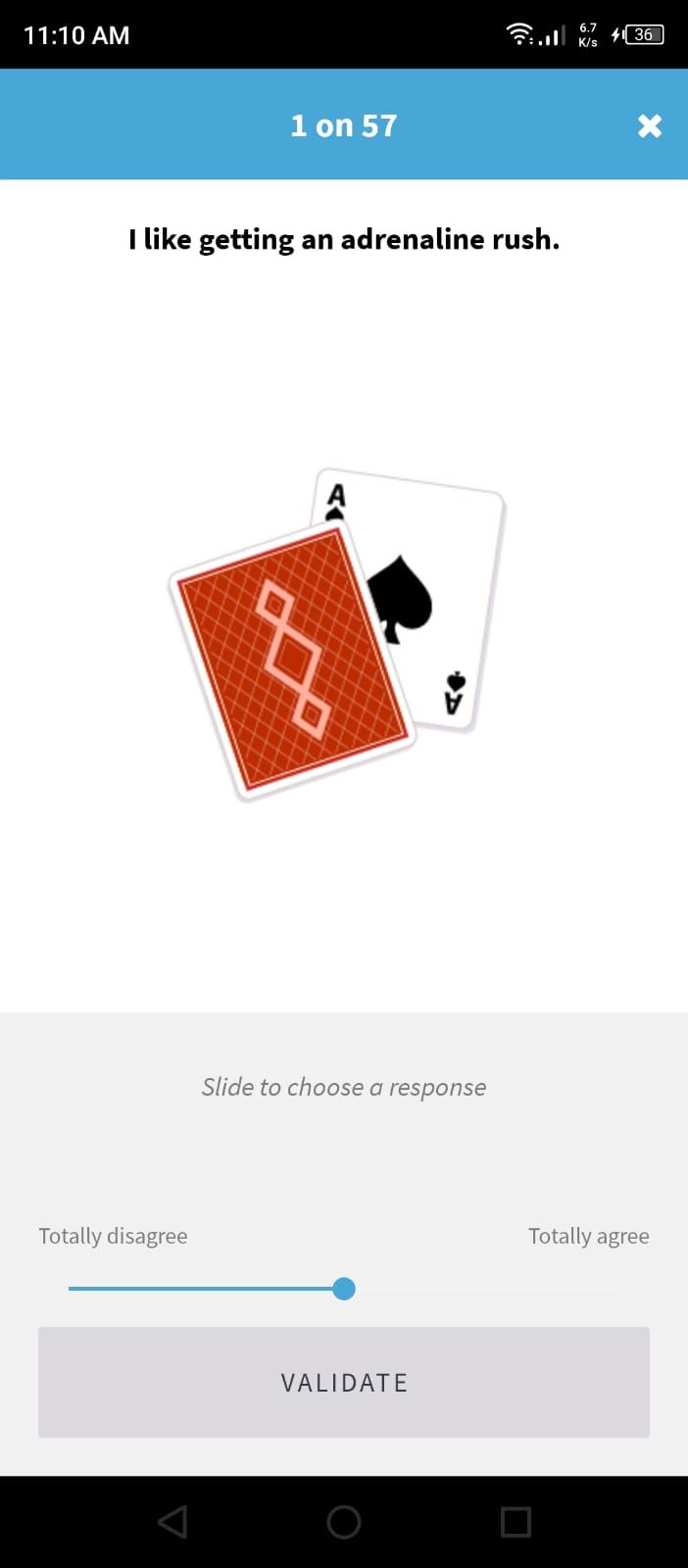
Everyone responds differently to stressful stimuli. Personality theorists indicate that those who are more competitive, anger prone, and impulsive tend to have more stress-prone personalities. People who are less competitive, patient, and cooperative tend to have less stress.
It is best to note your stress response for evaluation. You can also go for various online personality tests available via smartphone apps. These assessments help you understand how you respond to stress according to your personality type.
You can also opt for a personal stress test on a website like Be Mindful. It can help you understand the physical and psychological changes caused by stress.
Download: Praditus Personality Test for Android | iOS (Free)
3. Relaxation and Distraction Techniques
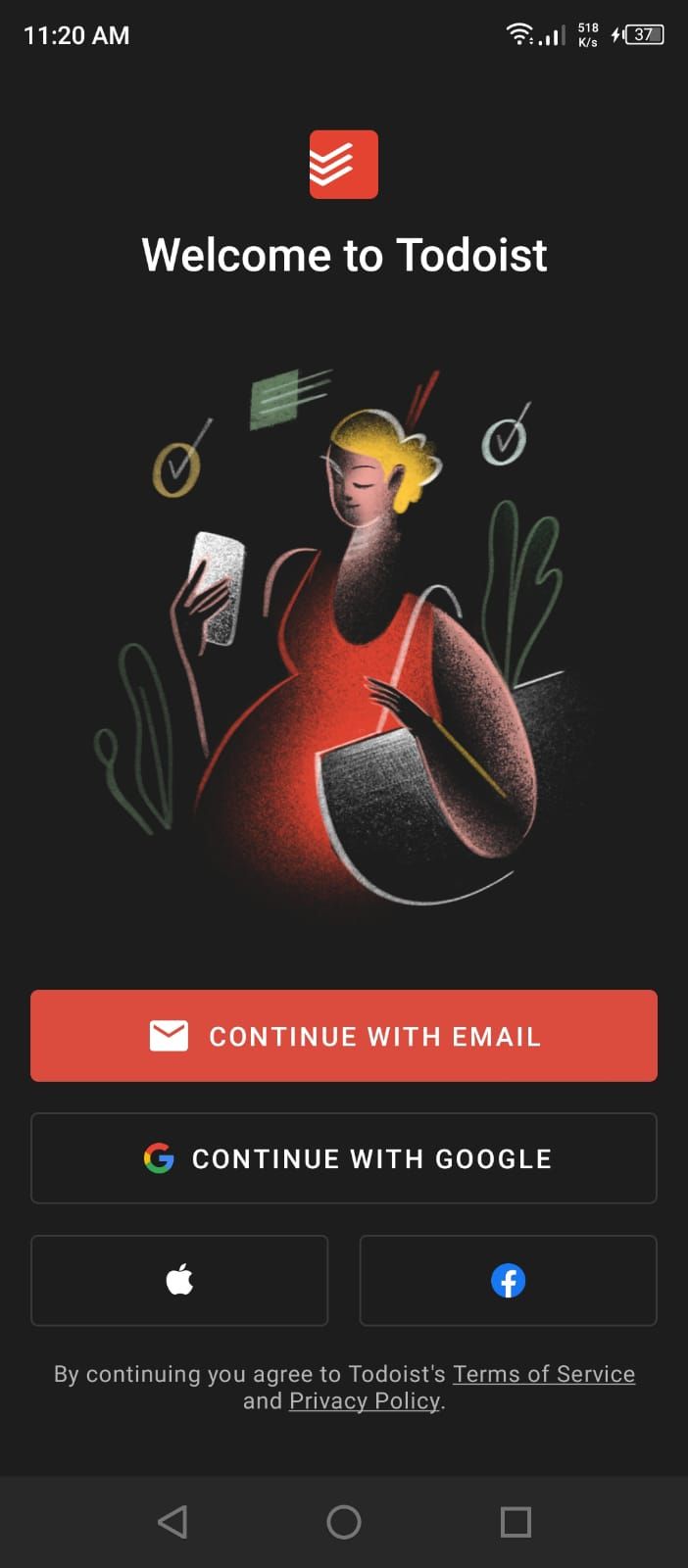
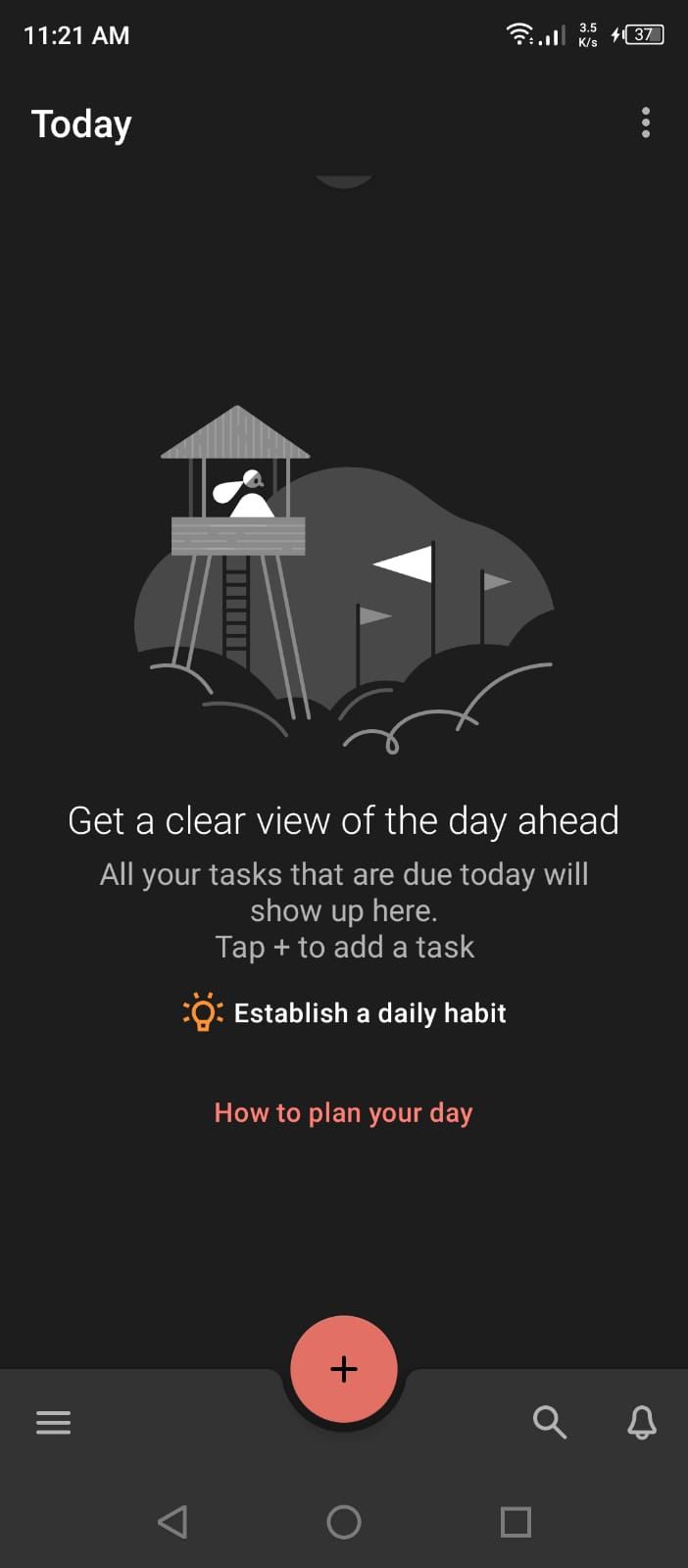

When you are in a stressful state, the first goal should be to relax. You can train your body to do so in stressful situations.
When you are stressed, you have shallow breathing, stretched and tensed muscles, and a high blood flow rate. To cope with this condition, keep your mind and body relaxed, so you can act and think in a more congruent manner.
Deep breathing, progressive muscle relaxation, positive imagery, and yoga are the easiest techniques to practice. These techniques are helpful and proven effective in dealing with physical and psychological stress symptoms.
As you know, you can't be stressed and relaxed simultaneously, and these techniques work on this principle. You can understand and practice taking help from various websites like Very Well Mind and WebMD.
Moreover, distraction techniques like leaving the stressful situation temporarily, doing an ice breaking activity, or indulging in some joyful activity will also reduce your stress.
Take time out of your daily routine to practice these techniques. You can also practice some methods, like deep breathing, while in a stressful situation. Always keep a to-do list app like Todoist to remind yourself of essential tasks. Trying to remember everything manually can cause stress too.
Download: Todoist for Android | iOS (Free, in-app purchases available)
4. Understand How Thoughts and Behaviors Are Linked

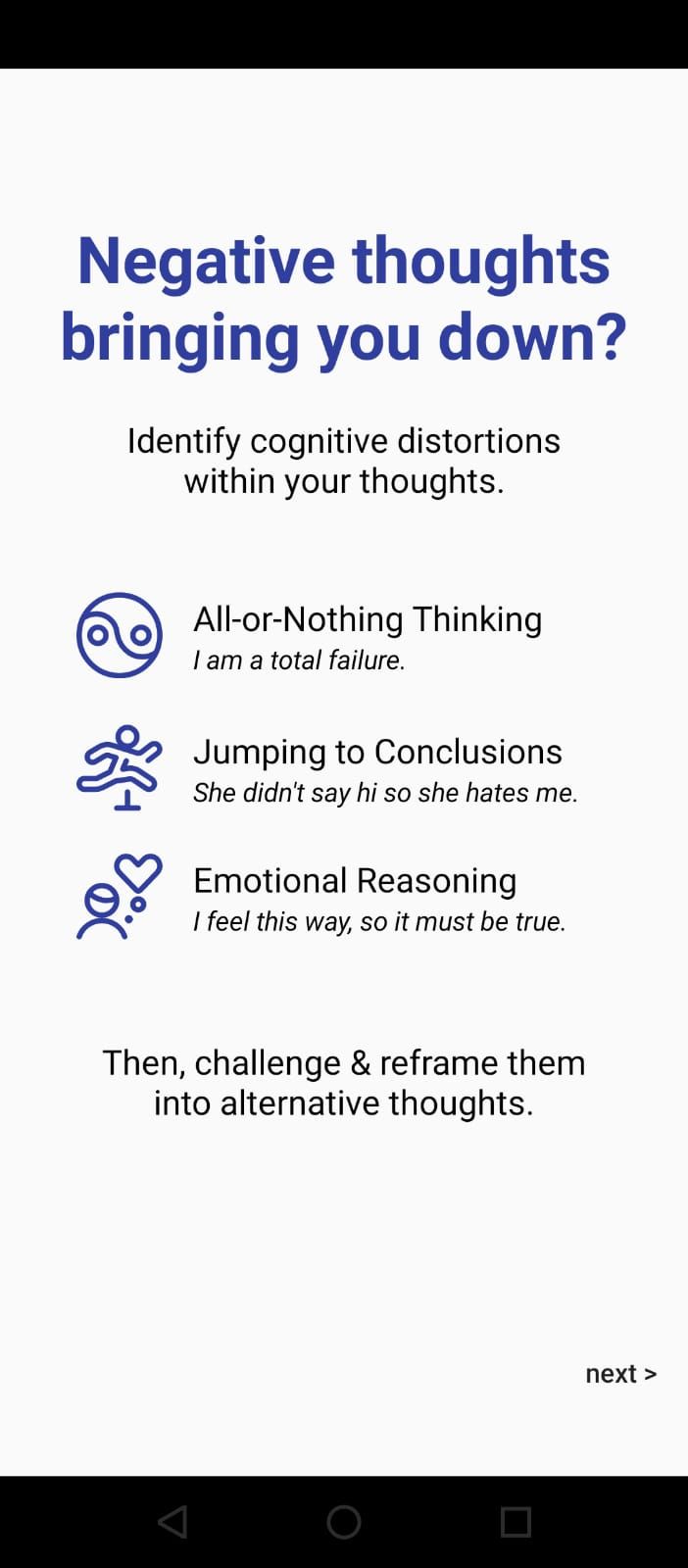
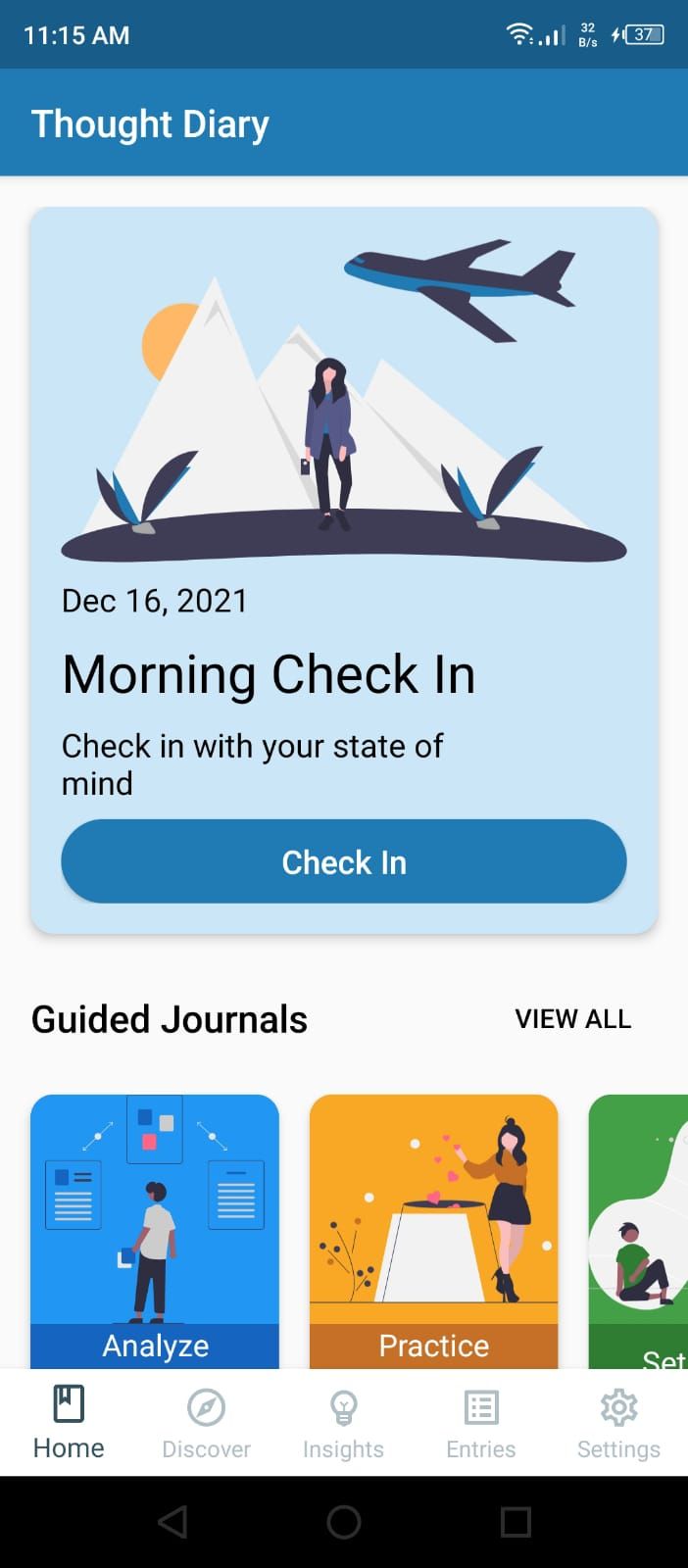
Cognitive behavior therapists like Aaron Beck believe that an upsetting situation isn't the cause of stress, but how we respond. The thoughts create feelings and behaviors.
These thoughts might be harmful and contain various cognitive distortions. Your behavior might improve as a result of changing your thoughts.
For example, if you are behind on a deadline, it might affect your whole work. You might worry that your boss might think you are worthless or something negative like that. These thoughts contain some cognitive distortions like mind reading, labeling, and all or none thinking.
By thinking this way, you might never finish the work, ending up more burdened. You can fill out thought diaries, such as CBT Thought Diary, or using this template, by describing the situation, how you felt, and what you thought, as well as how you coped with it. This exercise will help record your cognitive distortions.
Download: CBT Thought Diary for Android | iOS (Free, in-app purchases available)
5. Change the Thinking Pattern
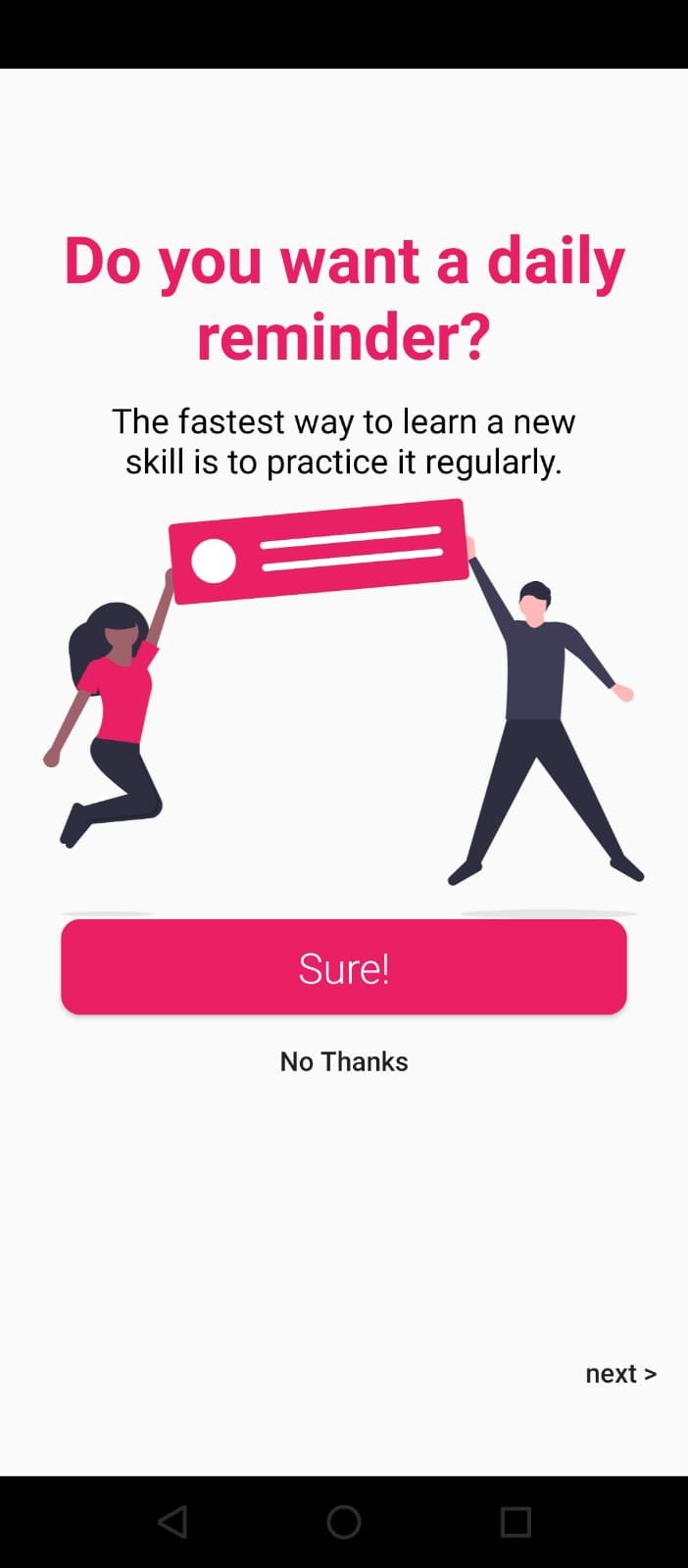
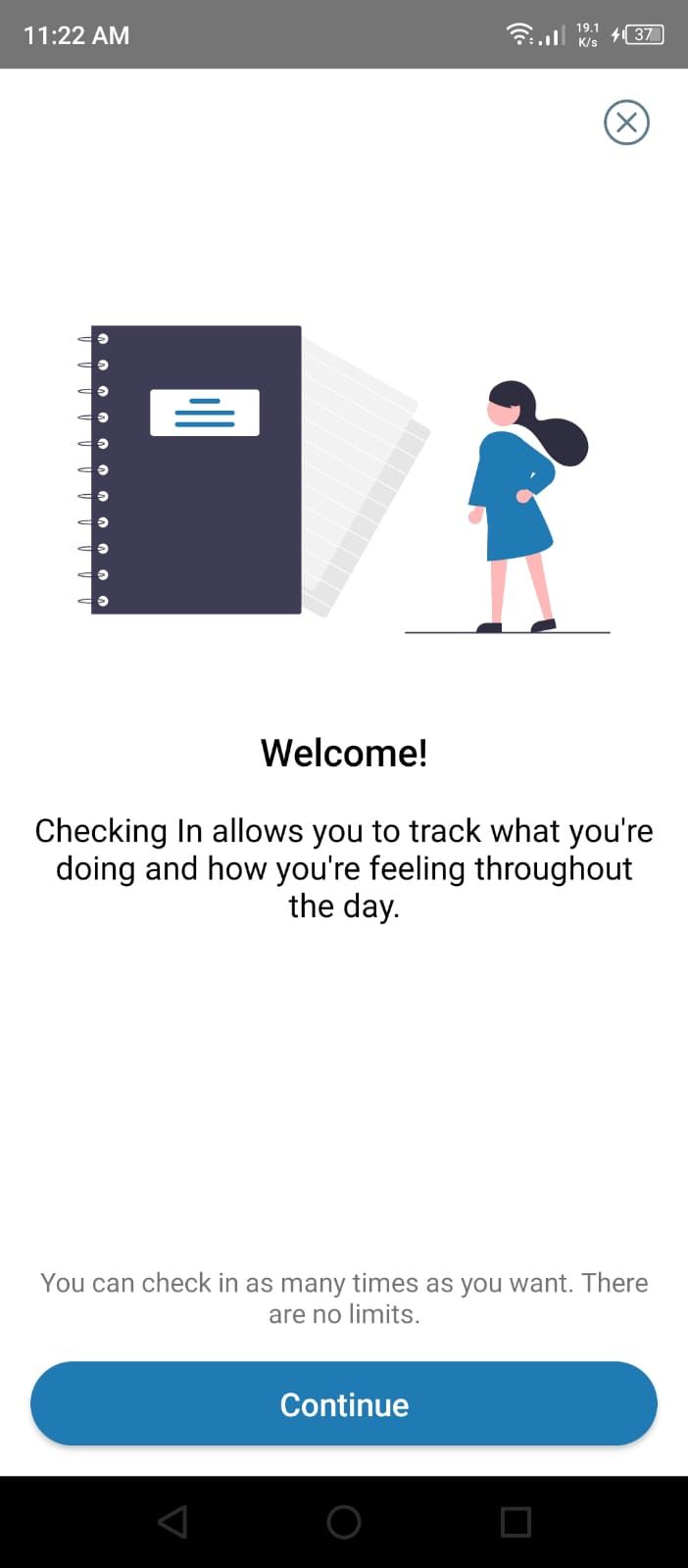

Recording your responses and cognitive distortions will help you understand your thinking pattern. Some of these patterns might be recently developed, thus easier to change. In contrast, others may be embedded in your past and may require time and effort.
To bring about this change, you'll need to practice alternative positive thoughts to replace the negative ones. It'll help you overcome cognitive distortions.
For example, when you are behind on a deadline, avoid considering yourself worthless and stop doubting your ability. Instead, think about how you got out of tight situations in the past. Besides, one deadline breach does not make you a failure.
For practicing positive alternative thoughts, you can again use the same resources as CBT Thought Diary or this site. This will make you more mindful and practice positive and productive thoughts.
Download: CBT Thought Diary for Android | iOS (Free, in-app purchases available)
6. Assertive Communication
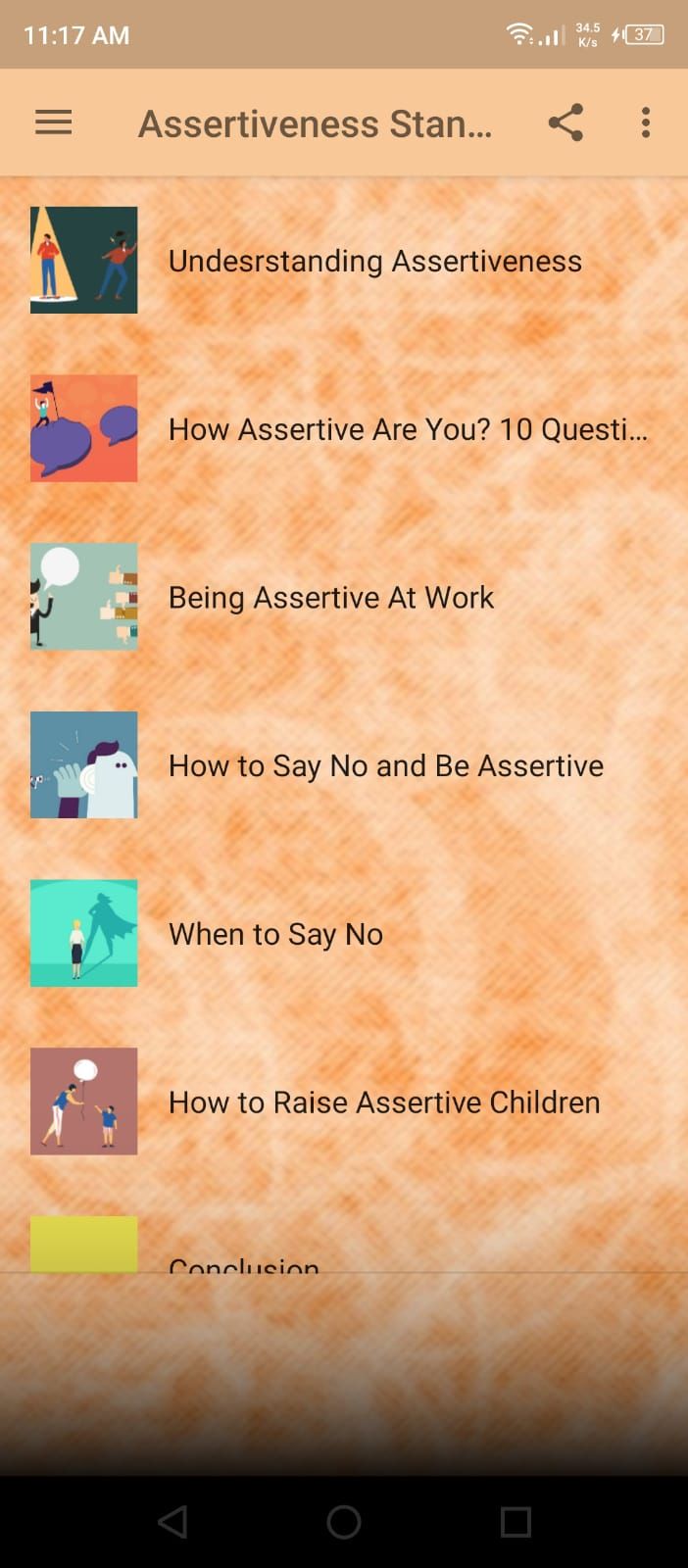
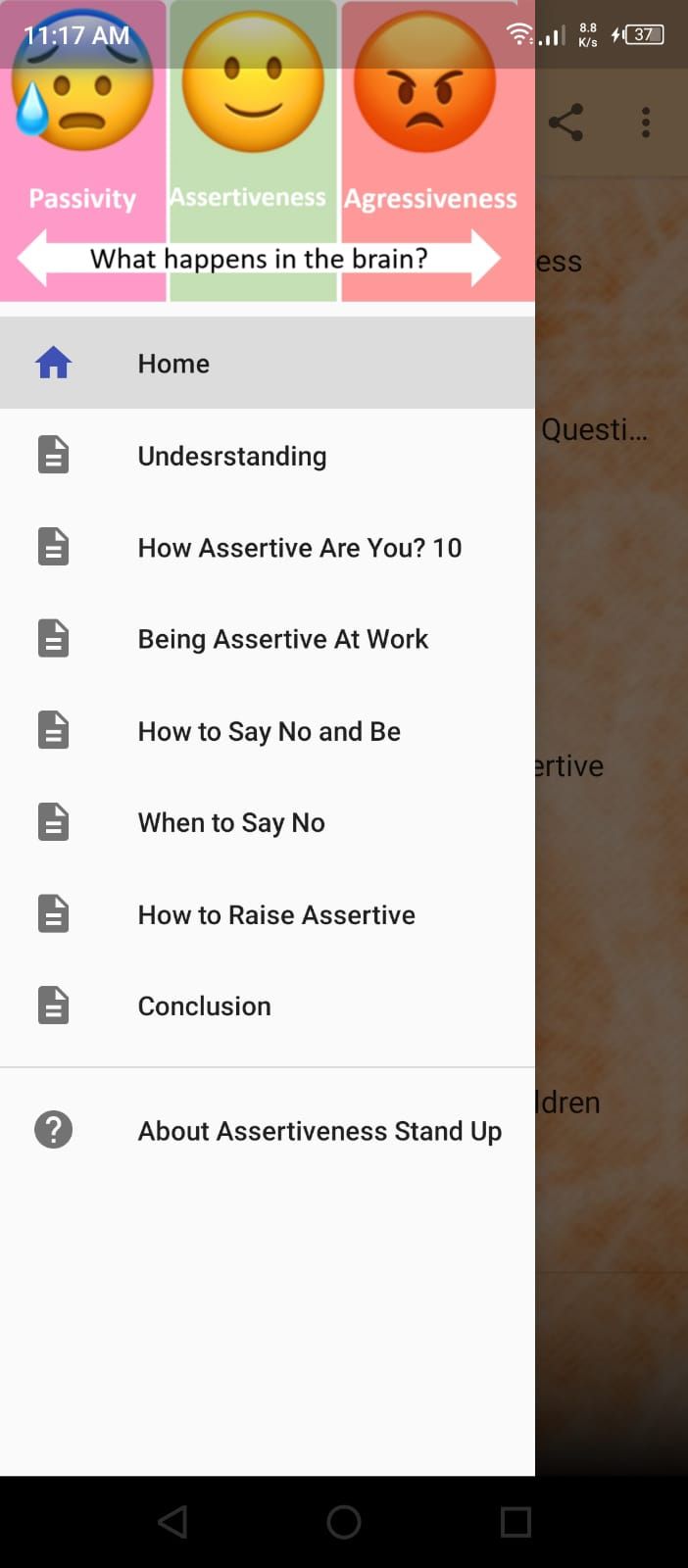
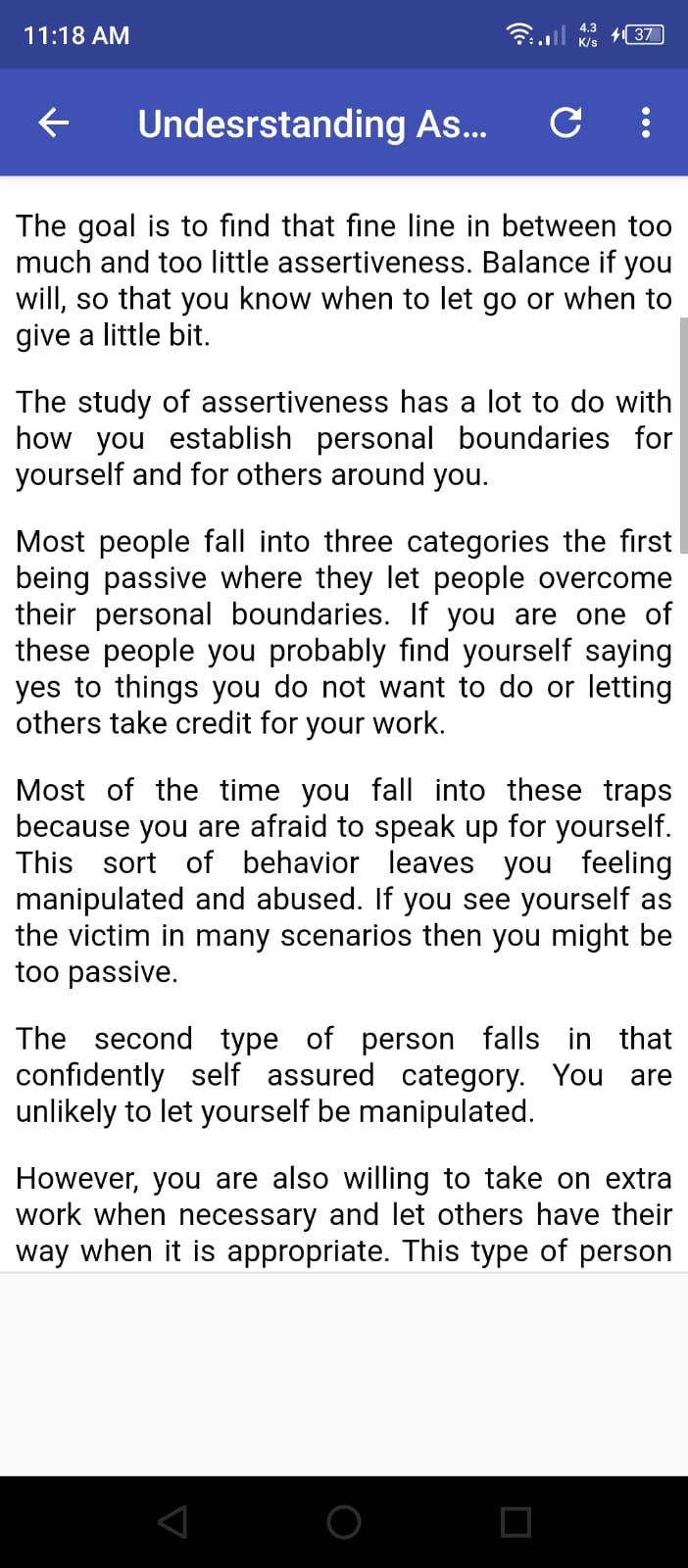
Communication is the key when it comes to workplace stress management. Whether you are a leader or an employee, you need an effective communication style to clarify your point. Many of your stressors at work emerge from being misunderstood or having vague expectations.
There are different communication styles like passive, assertive, and aggressive. You'll find assertive communication most powerful without coming across as angry or passive.
Assertive communication requires more use of the “I” language. It is better to use short and clear sentences. In addition, you should try using a firm yet kind voice, maintaining appropriate eye contact and firm posture, and delivering precisely what is needed.
This method reduces stress and anger and makes you more productive. You can learn more assertive skills using the Assertiveness Stand Up Guide app.
Download: Assertiveness Stand Up Guide for Android (Free)
7. Self-Management

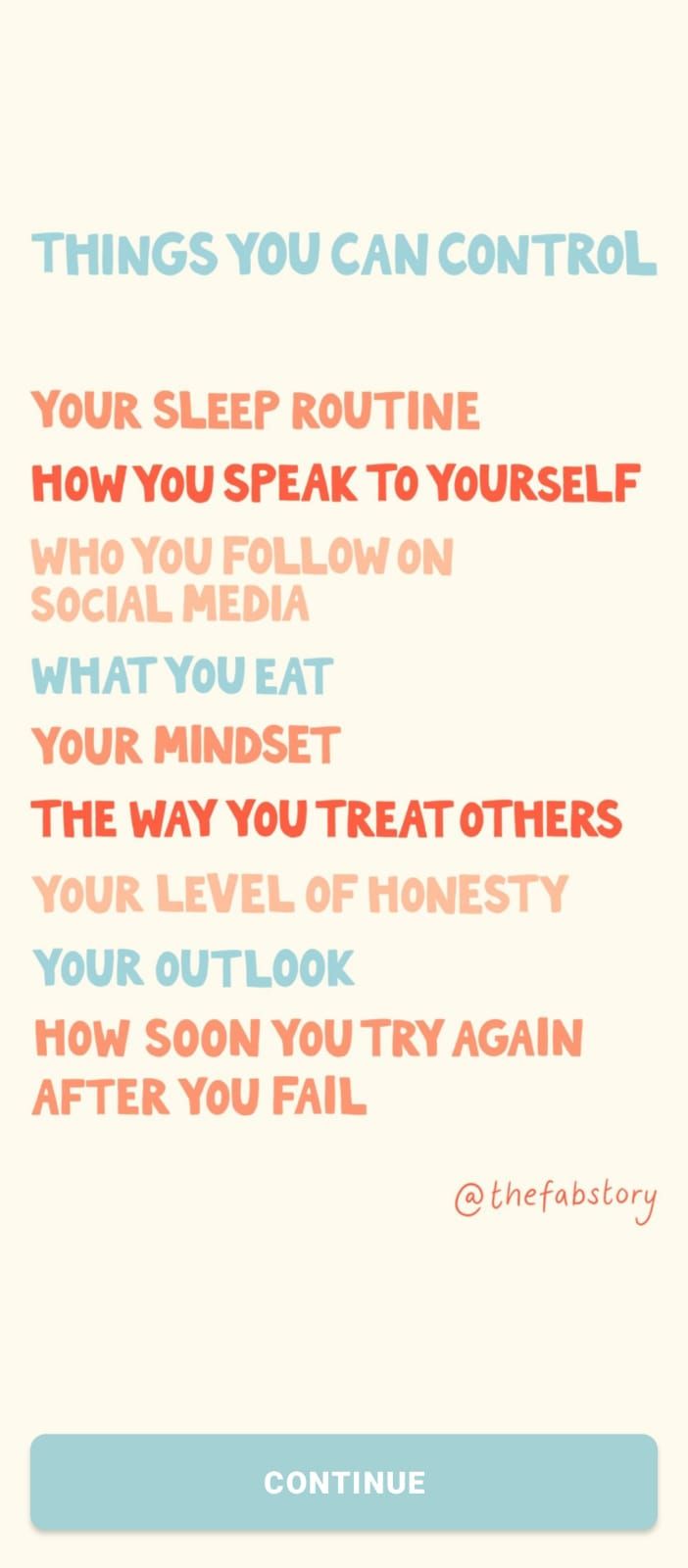

Self-management is crucial to be proactive in avoiding stress. This management includes improving your self-care like eating habits and sleep timings, overall time management, money management, and interpersonal relationships.
Various self-care and daily routine apps like Fabulous Daily Routine Planner keep track of your habits and guide you to better self-management. With proper self-management, you can eliminate the root causes of many stressors.
Download: Fabulous Daily Routine Planner for Android | iOS (Free, in-app purchases available)
8. Regular Physical Activity and Exercise


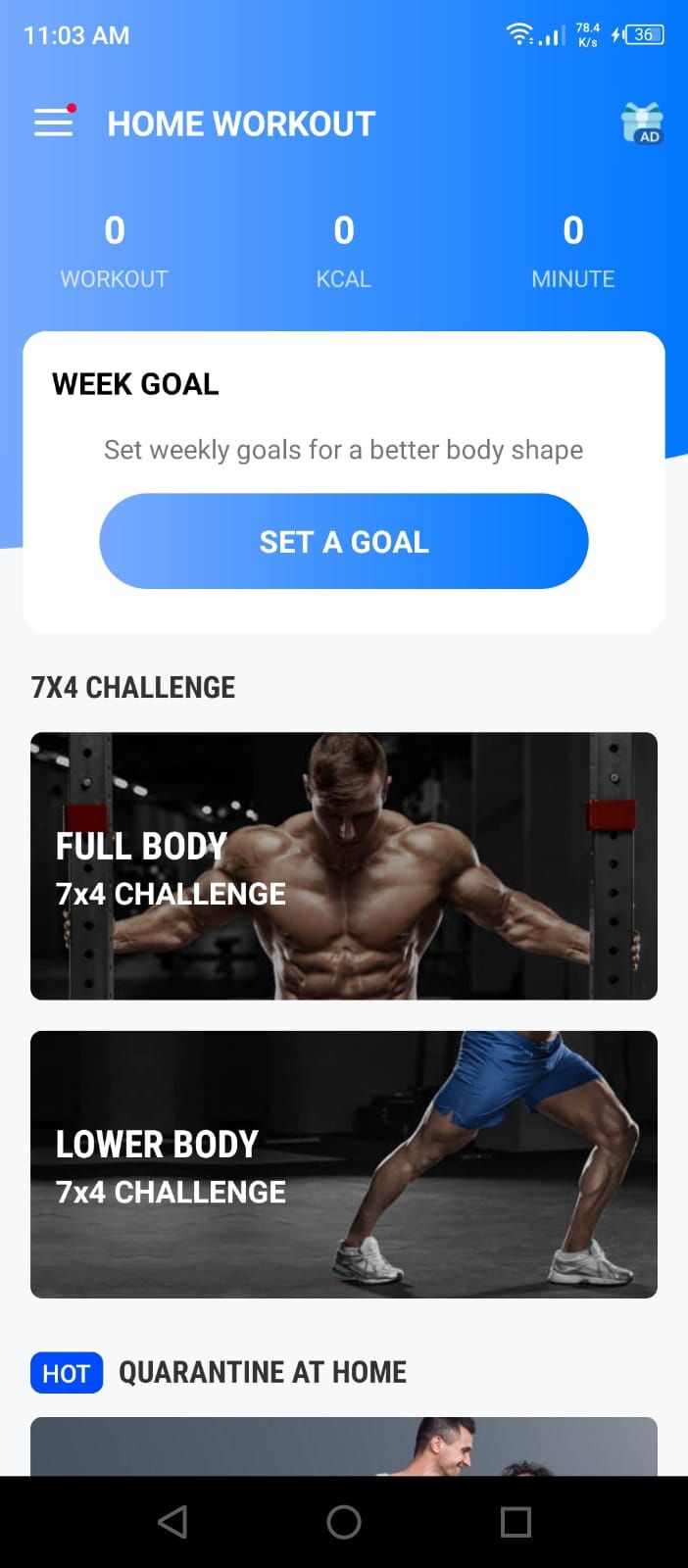
Physical activity and exercise are beneficial for health and are great stress relievers. And there is a lot of research that proves this point.
Exercise increases the level of endorphins (pleasure hormone) in your body, improving your mood. It also has a meditative effect that helps you forget about irritations and troubles during the day.
Many home and gym workout apps are available for your phone, like Home Workout. Such apps can guide you in your exercise routine.
Download: Home Workout for Android | iOS (Free, in-app purchases available)
9. Record Keeping
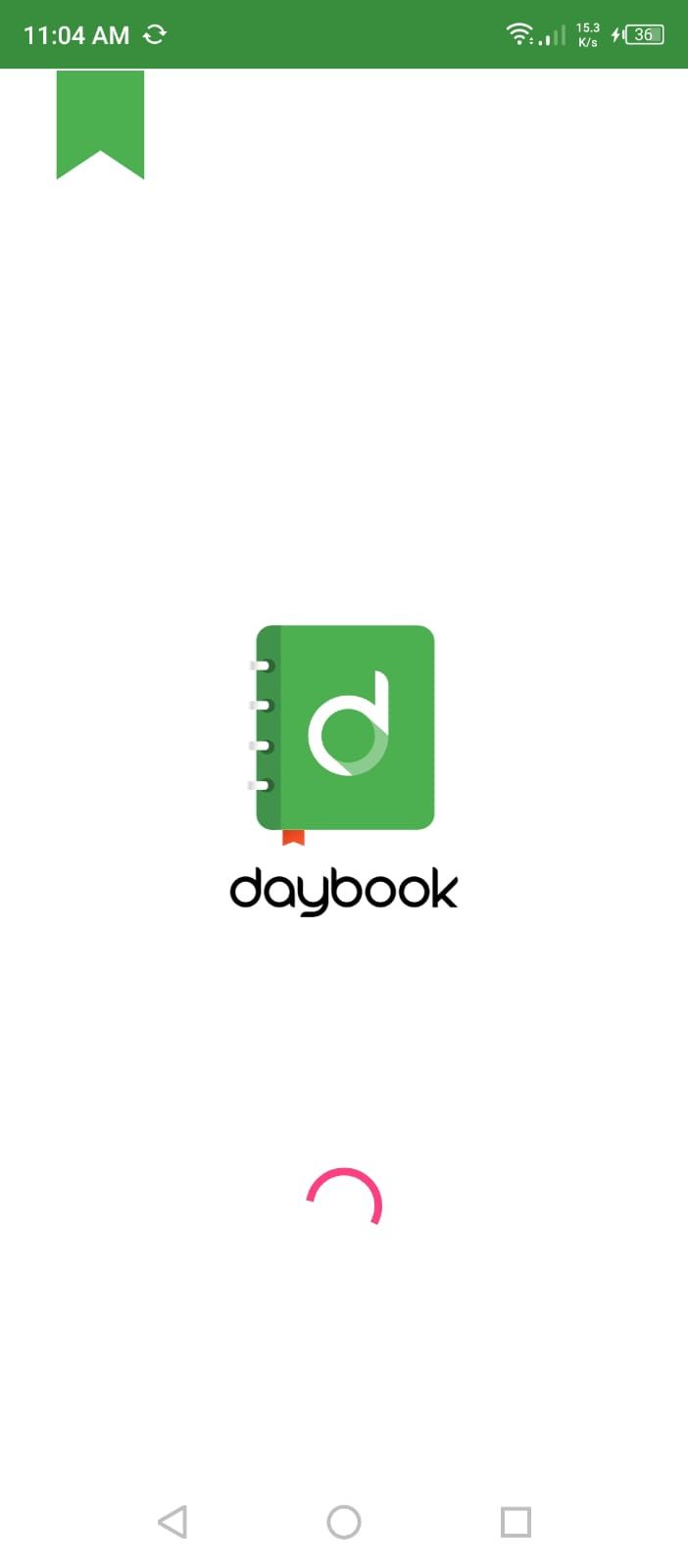

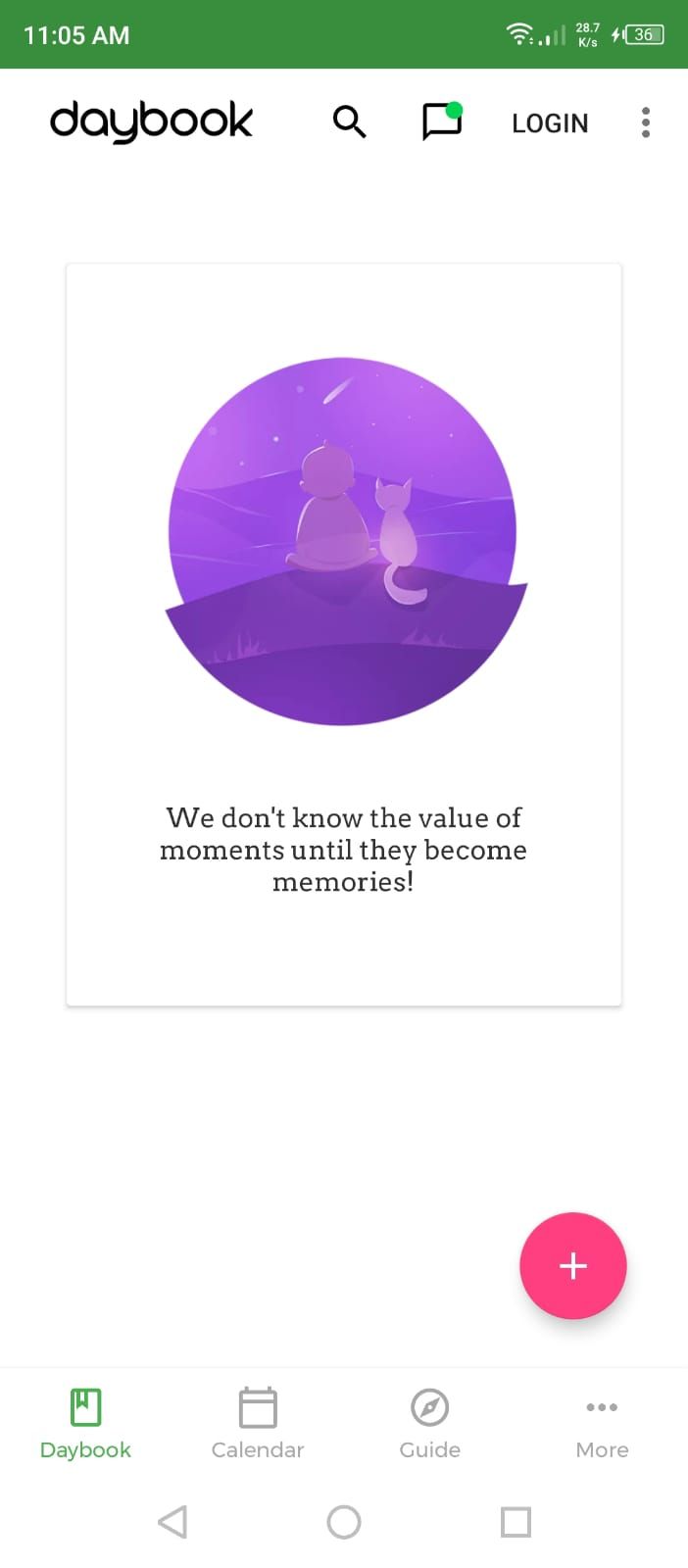
Recording what your day was about, how it made you feel, and daily lessons are vital for stress management. Keeping a daily journal and reflecting on it can be a valuable source for relapse prevention and better stress management at work.
Use apps like Daybook to keep a record of your stressors and how you manage them. Record keeping is important even after you've overcome your stressors.
Download: Daybook for Android | iOS (Free, in-app purchases available)
10. Self Reflection
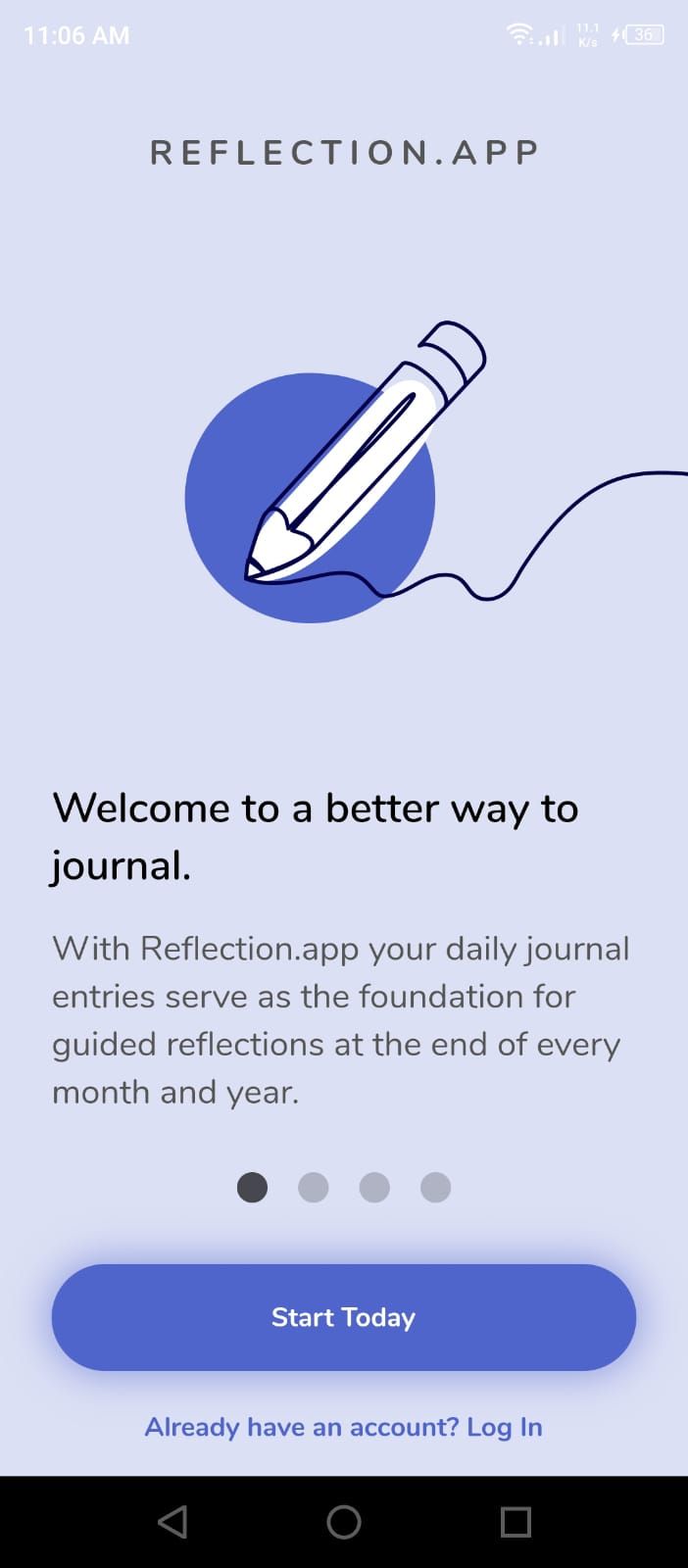
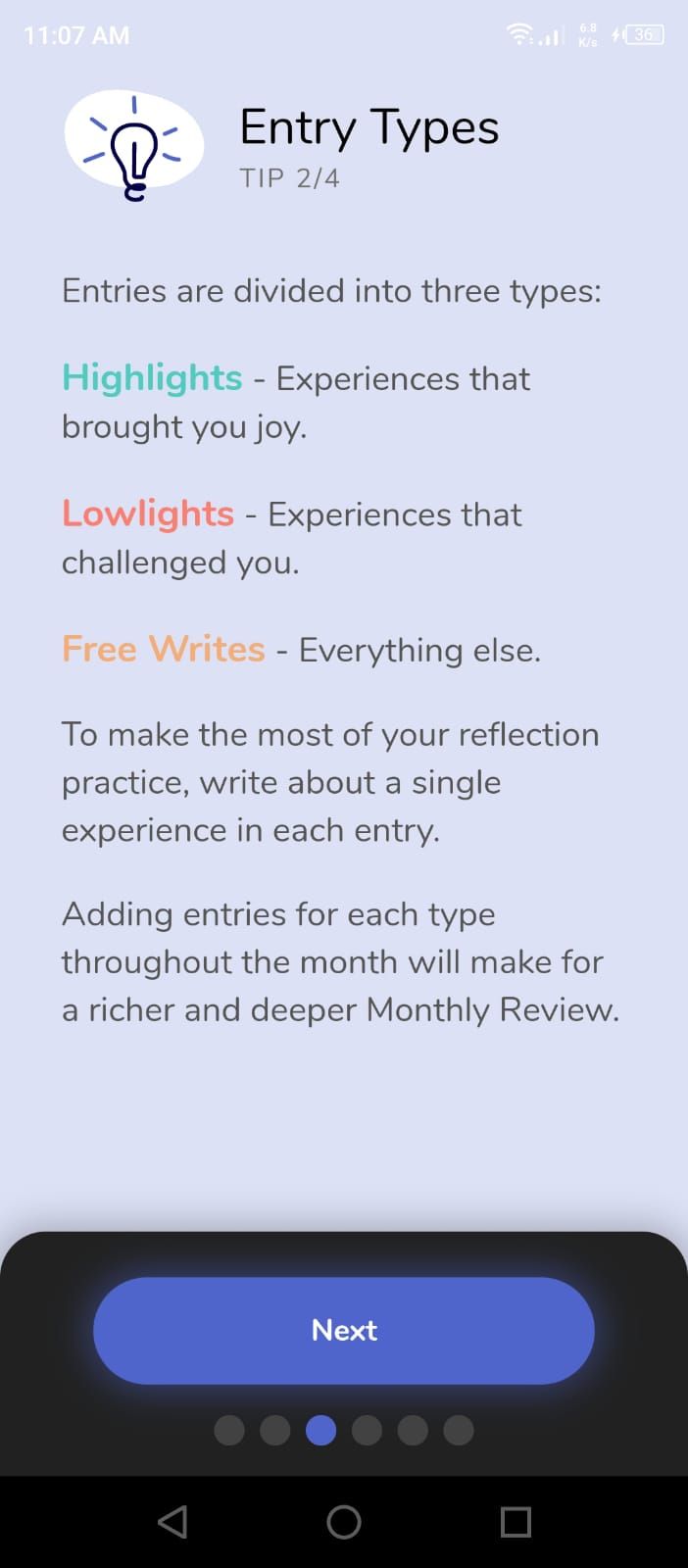
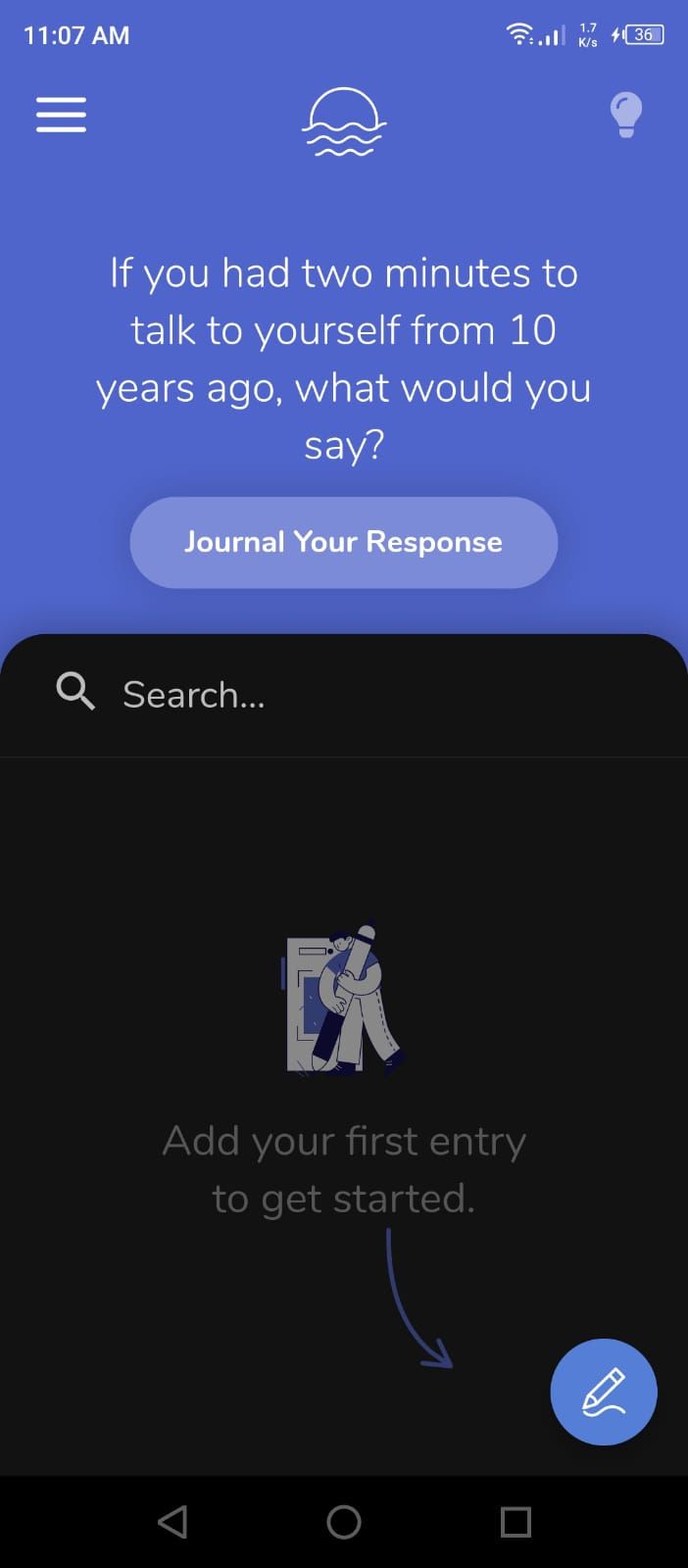
Self-reflection is one of the best ways to monitor your cognitions, emotions, and behaviors. It is also known as self-observation or reflective awareness.
This process is beneficial while modifying your thoughts and behaviors through stress management. It helps you identify what's helping, how you are progressing, and what you can change further. It also helps in preventing relapse.
To practice self-reflection during stress management at work, you can use these methods:
- Writing
- Visualizing
- Journaling
- Talking to yourself
- Talking about your emotions and behaviors.
- Understanding a recent stressful situation and being mindful of it
Here's an app you can use to practice self-reflection.
Download: Reflection.app for Android | iOS (Free, in-app purchases available)
Avoid Stress and Enjoy Work
As mentioned earlier, stress is inevitable, especially at the workplace. However, you can adopt various ways to cope with stress and use it positively.
Adopting a more healthy lifestyle and journaling your day at work can prove beneficial. You can avoid stress and enjoy your work by taking these little, gradual steps.

